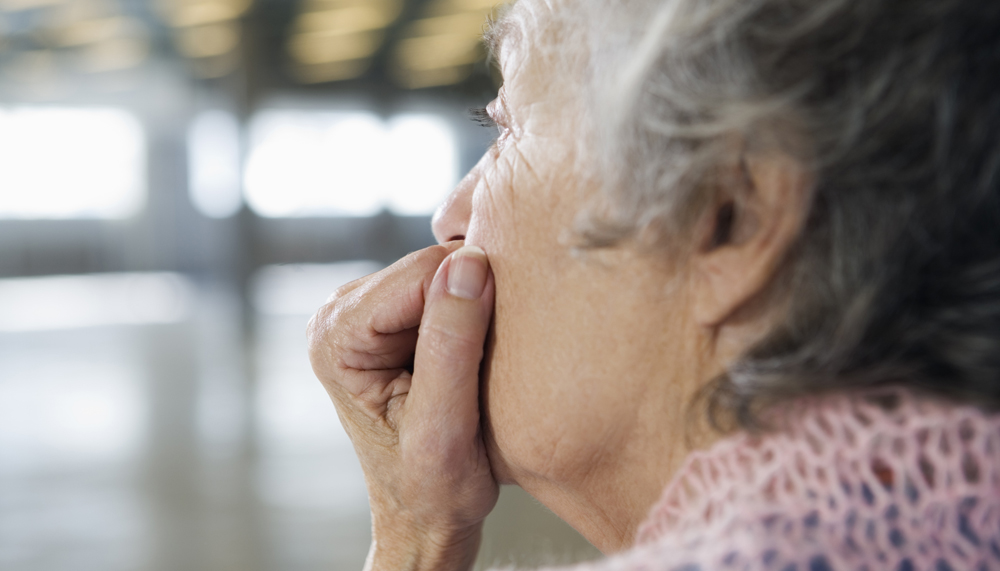Depression therapies go head to head

Study compares effectiveness of two well-known treatments.
GPs are being called to participate in a world-first study exploring the treatment of depression in older people who live with chronic health conditions.
The project, partially funded by beyondblue, is the first to compare two psychological approaches proven effective in treating depression: cognitive behavioural therapy and problem-solving therapy.
University of Sydney clinical psychology professor Louise Sharpe says the study’s leaders are hoping to determine which of the two treatments is more effective.
“Cognitive behavioural therapy focuses specifically on people’s beliefs, while problem-solving tries to teach people skills in identifying and solving problems,” she said. “Problem-solving therapy is more straightforward [so if both therapies are equally effective] it would be easier for people with a lower level of qualification to administer it in a general practice setting.”
PROMISE-D, as the study is called, requires the support of GPs, who must give their permission before their patients aged over 65 can be screened for depression.
Patients are then given a one-page test with a series of questions relating to the symptoms of depression, as well as what illness and levels of pain they may experience. Those who meet the criteria for depression will be offered a place within the trial.
“If they are suitable, we will provide the treatment free of charge and we will also undertake to train any psychologists who work in the [doctor’s] practice in whichever of the treatments proves to be more effective,” Sharpe explained. “Our elderly citizens deserve this research so we can get a much better understanding of the best treatment options for depression in later life.”
Beyondblue helps funds a range of projects to lessen the gaps in knowledge relating to depression and anxiety in older people. Programs it supports include a national campaign and a series of educational plans that assist staff working within aged care.
“The whole question of the types of treatments that work best for depression and anxiety in older people was one of those gap areas, particularly psychological and psychosocial treatments,” beyondblue CEO Kate Carnell said. “We were also aware that psychological treatments are underutilised by older people.”
Research beyondblue commissioned in 2009 showed that 10 to 15 per cent of older people living in the community experience depression. The rates in residential care were significantly higher, about 34.7 per cent. The Australian Institute of Health and Welfare has just released a report with significantly higher figures, suggesting more than half of aged-care residents have depression.
Carnell said the shortage of studies has made it difficult to get an accurate picture of the true prevalence rates, so she is pleased to see surveys such AIHW’s.
“What all studies show is that the rates of depression in residential aged-care facilities are very high,” she said. “We urge all registered-aged care facilities and agencies providing in-house care to get their staff trained so they can better identify and manage depression and anxiety. Untreated depression and anxiety has a significant impact on quality of life.”
Doctors or individuals interested in taking part in PROMISE-D can email: [email protected]
Depression and the elderly
Research funded by beyondblue and others over the years has shown that older people:
1. Tend to have higher rates of depression and anxiety than other age groups if they are frail, living in residential care or receiving community aged care, or living with one or more chronic illnesses
2. Tend to hold more stigmatised views about depression and anxiety than other age groups
3. Are less likely to seek treatment for depression and anxiety
4. Are amongst the lowest users of mental health services
5. Are less likely to be referred for specialist mental health treatments.
Source: beyondblue
Email: [email protected]




